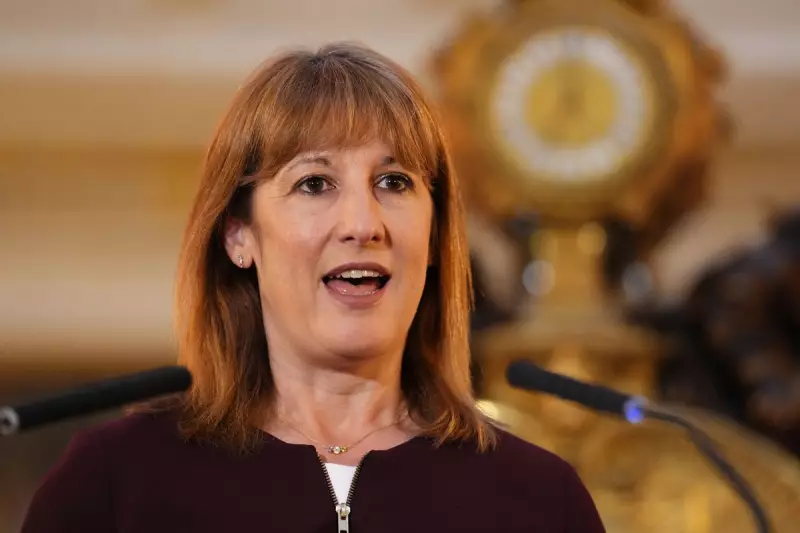
Chancellor Rachel Reeves is facing mounting criticism after jetting off to Saudi Arabia for high-level meetings in Riyadh, despite presiding over a deepening budget crisis at home that threatens severe public spending cuts.
Timing Raises Eyebrows in Westminster
The newly appointed Labour Chancellor's overseas trip comes at a particularly sensitive moment, with the Treasury preparing to make difficult decisions about where the axe will fall on public services. Political opponents have questioned the wisdom of being abroad during such a critical period for the UK economy.
Defending the Diplomatic Mission
Ms Reeves has defended the visit as essential for building international economic relationships, stating she is "working to bring investment back to Britain" and secure the country's economic future. The Treasury maintains that the Chancellor can effectively manage both domestic responsibilities and international engagements simultaneously.
Mounting Economic Pressures
Back in London, the economic picture appears increasingly bleak. The new government has inherited what insiders describe as "the worst economic situation since World War II," with:
- Significant budget shortfalls requiring immediate attention
- Potential cuts to vital public services
- Growing pressure on household finances
- Uncertainty in financial markets
Political Fallout Intensifies
Opposition parties have seized on the timing of the Saudi visit, accusing the Chancellor of misplaced priorities. Conservative MPs have described the trip as "tone-deaf" given the economic challenges facing ordinary Britons, while some within Labour's own ranks have expressed private concerns about the political optics.
The controversy highlights the delicate balancing act facing the new government as it attempts to rebuild international relationships while addressing pressing domestic economic concerns that affect millions of UK households.





